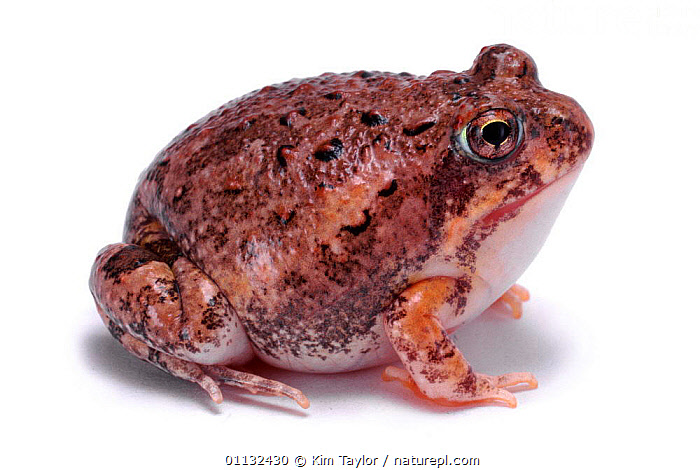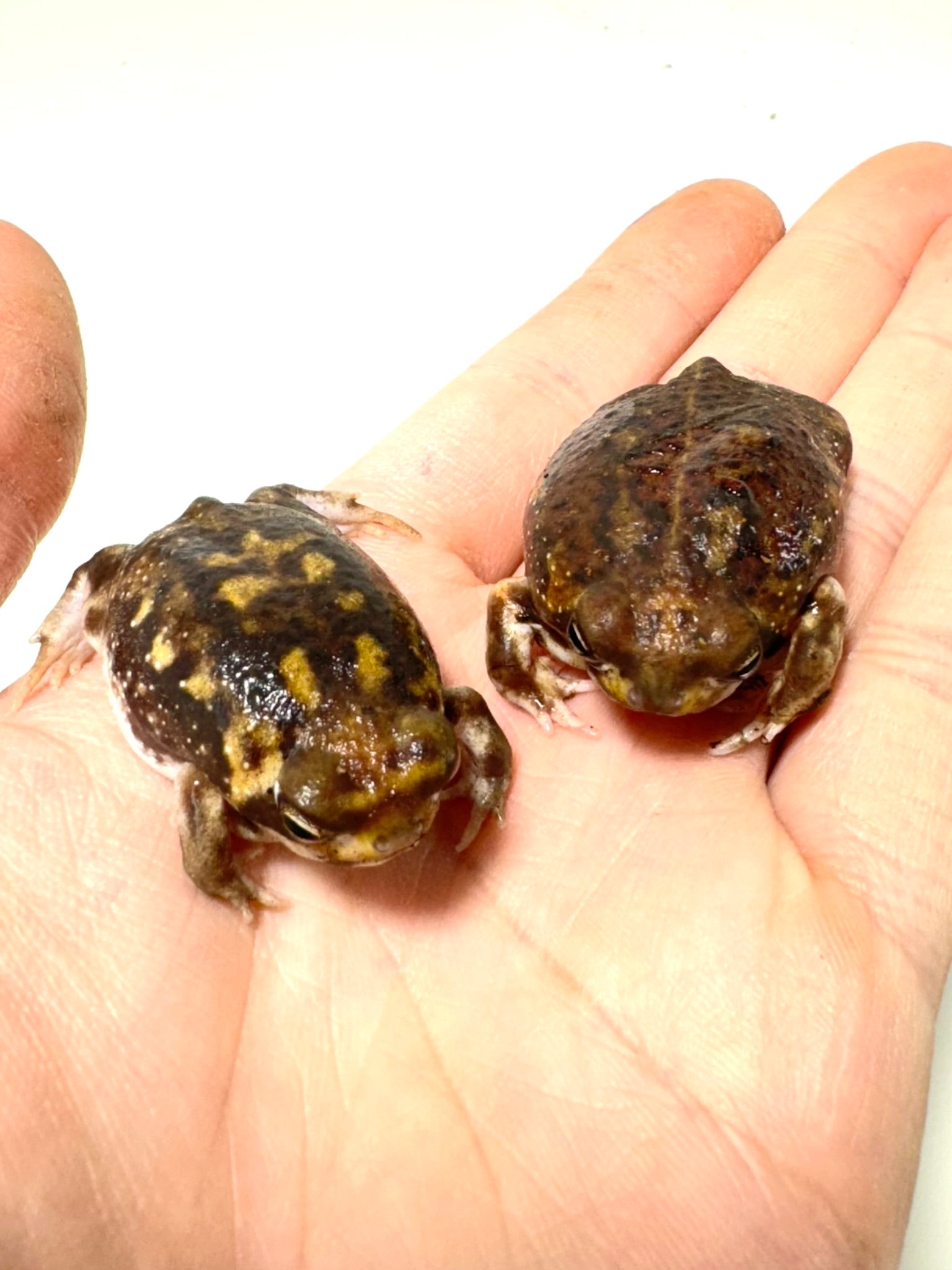Check Out Rain Frog for Sale: Boost Your Family Pet Game with a Special Amphibian Good Friend!
Check Out Rain Frog for Sale: Boost Your Family Pet Game with a Special Amphibian Good Friend!
Blog Article
Common Health And Wellness Issues in Reptiles: Symptoms and Solutions
In the complex globe of reptile treatment, comprehending the common health and wellness problems that may affect these unique creatures is extremely important in guaranteeing their health. From breathing infections that can silently hold to metabolic bone illness that can disable, reptiles are at risk to a variety of ailments that require keen monitoring and timely treatment. Whether it's coming to grips with parasitic infestations, browsing dehydration issues, or dealing with skin disorders that materialize in subtle ways, being in harmony with the signs and equipped with the expertise of efficient solutions is crucial for any kind of reptile owner. By diving additionally into the nuances of these health and wellness issues and discovering the functional remedies offered, one can safeguard the health and wellness and vitality of these remarkable animals.
Respiratory System Infections
Respiratory system infections in reptiles can considerably affect their total health and wellness and call for punctual focus from knowledgeable vets. These infections are generally triggered by infections, microorganisms, or fungis and can materialize with signs such as wheezing, nasal discharge, open-mouth breathing, and lethargy. In reptiles, breathing infections can be particularly challenging to diagnose and treat because of their distinct composition and physiology. Veterinarians typically rely upon a mix of checkups, analysis imaging, and lab tests to accurately recognize the underlying reason for the infection.
Treatment for respiratory infections in reptiles usually involves a mix of helpful care, such as preserving correct moisture levels and temperature level gradients in the unit, along with targeted medication to resolve the particular pathogen in charge of the infection. It is important for reptile proprietors to monitor their animals very closely for any kind of indicators of respiratory system distress and look for veterinary care at the earliest indication of a concern. With timely treatment and suitable treatment, many reptiles can recuperate totally from breathing infections and resume typical tasks.

Metabolic Bone Illness
What variables contribute to the advancement of Metabolic Bone Illness in reptiles?
Metabolic Bone Illness (MBD) in reptiles is mostly created by a lack of appropriate calcium, phosphorus, and vitamin D3 levels in their diet. Additionally, inadequate exposure to UVB light prevents reptiles from synthesizing vitamin D3, which is essential for calcium absorption and bone health and wellness.
Other contributing factors to MBD consist of incorrect temperature gradients within the reptile's habitat, leading to lowered metabolism and damaged calcium absorption. Insufficient humidity degrees can also influence a reptile's ability to metabolize calcium properly. Particular reptile types have certain dietary needs that, if not satisfied, can enhance the likelihood of creating MBD. Routine veterinary exams, appropriate husbandry practices, and a well balanced diet regimen are important to stop Metabolic Bone Disease in reptiles.
Parasitic Problems
Parasitic invasions pose a substantial health danger to reptiles, affecting their total well-being and needing timely veterinary interest. Reptiles can be influenced by different parasites, consisting of termites, ticks, inner worms, and protozoa. These parasites can create a variety of signs, such as weight loss, sleepiness, skin irritability, diarrhea, and even fatality if left untreated.
One usual bloodsucker located in reptiles is the mite, which can cause skin anxiety, anemia, and irritability. Ticks are an additional exterior parasite that can cause and transmit diseases discomfort to the reptile. Internal parasites like worms and protozoa can result in digestive system concerns, lack of nutrition, and damage the reptile's immune system.
To diagnose a parasitical infestation, a vet may carry out fecal examinations, skin scrapings, or blood examinations. Therapy usually entails deworming medications, antiparasitic baths, or in severe cases, hospitalization. Preventative procedures such as routine veterinary check-ups, proper hygiene, and quarantine treatments for brand-new reptiles can assist reduce the danger of parasitic problems and make certain the health of reptile family pets.
Dehydration and Hydration Issues
Dehydration in reptiles can substantially influence their health and wellness and wellness, demanding timely intervention and ideal hydration administration. If left untreated, dehydration can lead to severe health and wellness issues and also be deadly to the reptile.
To stop dehydration, reptile owners must ensure that their article source family pets have accessibility to clean water in any way times. The water dish must be huge enough for the reptile to take in if needed, particularly for types that absorb water with their skin. Additionally, preserving correct humidity degrees in the reptile's enclosure and offering routine bathrooms can assist protect against dehydration.
In cases of dehydration, it is critical to seek vet treatment without delay. A veterinarian may administer liquids either by mouth or through injections to rehydrate the reptile. It is crucial to deal with the underlying reason for dehydration to stop reoccurrence and make sure the reptile's total well-being.
Skin Ailments

Conclusion

Respiratory infections in reptiles can substantially influence their general health and call for timely attention from skilled veterinarians (rain frog for sale). Preventative steps such as normal vet exams, appropriate health, and quarantine treatments for brand-new reptiles can aid minimize the danger of parasitic problems and ensure the health of reptile animals
If left without treatment, dehydration can lead to serious health and wellness concerns and also be deadly to the reptile.
On a regular basis inspecting your reptile for any kind of modifications in skin look, texture, or shade can help in early detection and treatment of skin ailments, advertising the overall wellness and wellness of your flaky companion. - rain frog for sale
In final thought, reptiles are prone to numerous wellness issues such as respiratory system infections, metabolic bone disease, parasitic infestations, dehydration, and skin ailments.
Report this page